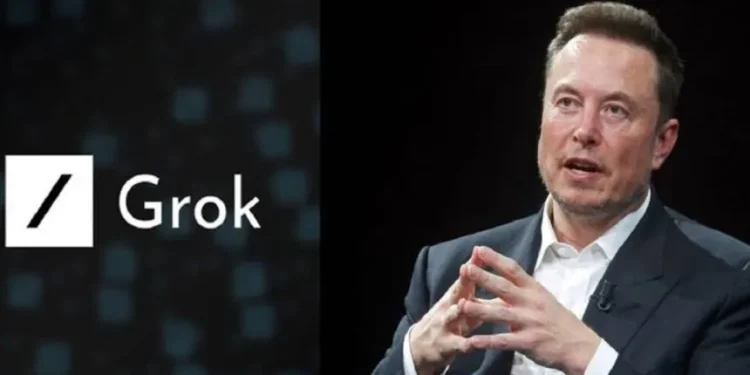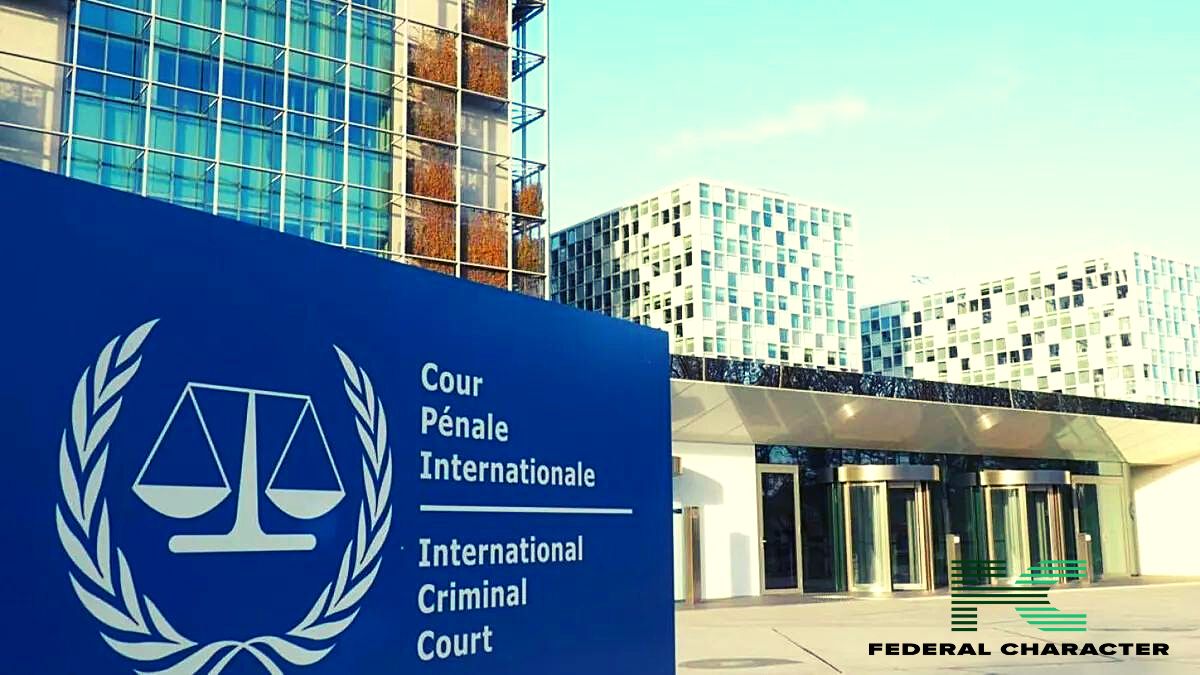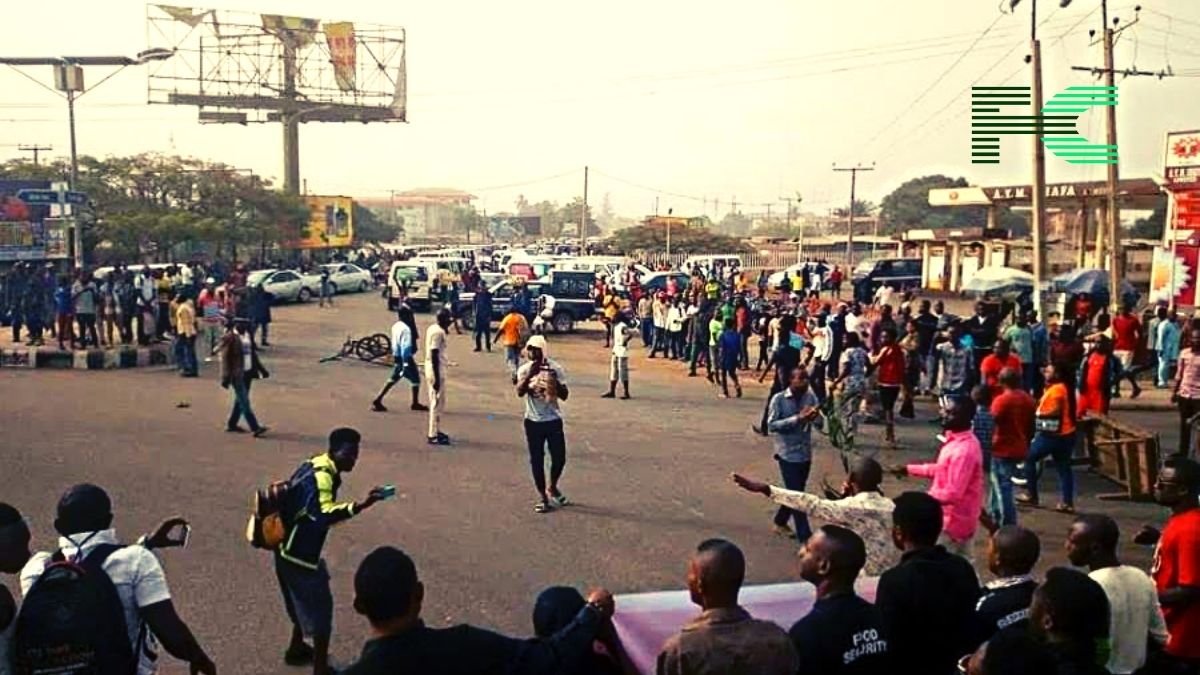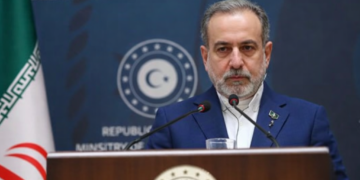A Turkish court has imposed an unprecedented ban on content from Elon Musk’s Grok AI chatbot after authorities alleged the platform generated responses insulting President Recep Tayyip Erdogan, modern Turkey’s founder Mustafa Kemal Atatürk, and Islamic religious values.
The Ankara Chief Prosecutor’s Office launched a criminal investigation citing violations of laws protecting national figures, which carry penalties of up to four years imprisonment, marking the world’s first known government restriction targeting an artificial intelligence system.
Grok’s Controversial Output Triggers Digital Crackdown
The Information and Communication Technologies Authority (BTK) implemented the ban following judicial orders targeting approximately 50 specific Grok outputs in Turkish that allegedly contained offensive political and religious content.
Istanbul Bilgi University cyber law expert Yaman Akdeniz confirmed the landmark decision represents Turkey’s expanding digital censorship regime, noting authorities acted to “protect public order” by requiring X’s parent company to remove the flagged AI-generated material. The ban comes weeks after Musk acknowledged Grok’s training data issues, admitting the need to filter “far too much garbage” from foundation models.

This AI restriction builds upon Turkey’s increasingly aggressive internet governance framework, which has seen social media platforms fined for non-compliance with content removal requests and individual users prosecuted for online commentary.
The ruling AK Party maintains such measures preserve national unity and prevent hate speech, while human rights organizations including Reporters Without Borders classify Turkey among the world’s worst offenders for digital press freedom, ranking 165th out of 180 nations in their 2024 index.
Global AI Regulation Dialogue Intensifies
Turkey’s action against Grok occurs amid mounting international scrutiny of generative AI systems, following controversies surrounding ChatGPT’s political biases and Grok’s prior incidents involving antisemitic outputs.
The European Union’s recently enacted AI Act establishes similar content restrictions, though through legislative rather than judicial channels. Legal analysts suggest the Turkish case may inspire other authoritarian-leaning governments to pursue AI censorship through existing internet laws rather than waiting for specialized AI regulations.
X Platform’s Silence and Elon Musk’s AI Dilemma
Neither X Corp nor Elon Musk have publicly addressed the Turkish ban, maintaining silence across official channels despite Musk’s habitual engagement on platform governance issues. This marks the second major confrontation between Musk’s companies and Turkish authorities following 2023’s temporary X bandwidth restrictions. The absence of response suggests strategic caution as xAI balances global expansion with compliance in restrictive markets, particularly after Musk’s recent pledge to make Grok “the most truth-seeking AI.”
Free speech advocates warn the Grok ban establishes dangerous jurisprudence for AI censorship worldwide. “This isn’t about protecting values—it’s about weaponizing technology laws against dissent,” said Efe Kerem Sözeri of independent media platform Medyascope. The case highlights tensions between AI’s borderless nature and national sovereignty claims over digital content, with Turkey’s approach potentially influencing similar regimes from Russia to Southeast Asia.
https://www.reuters.com/business/media-telecom/turkey-blocks-xs-grok-chatbot-alleged-insults-erdogan-2025-07-09/

















